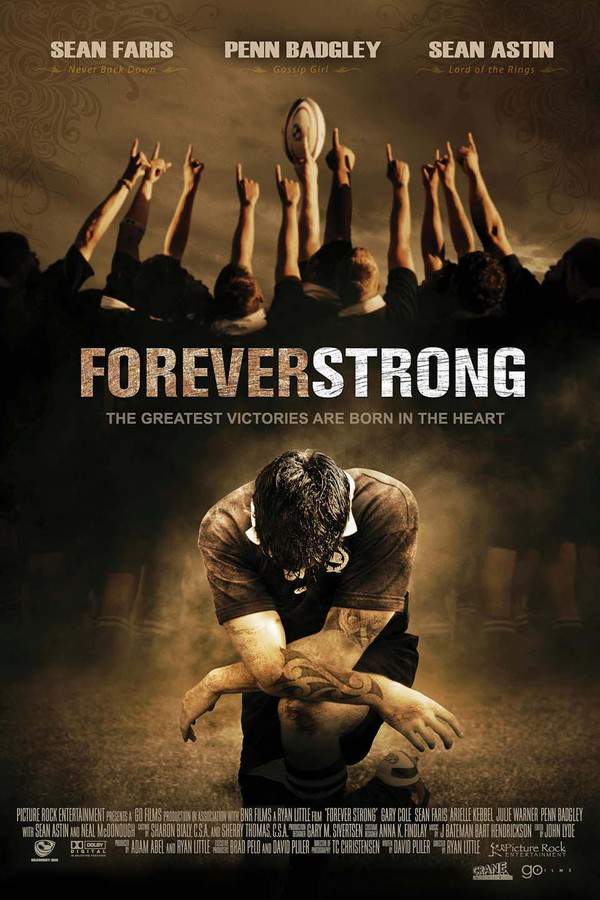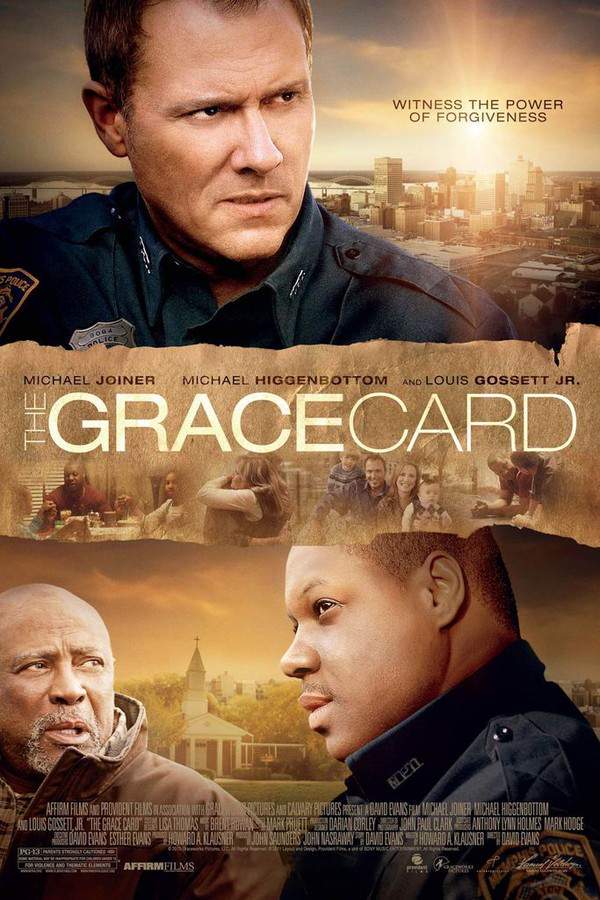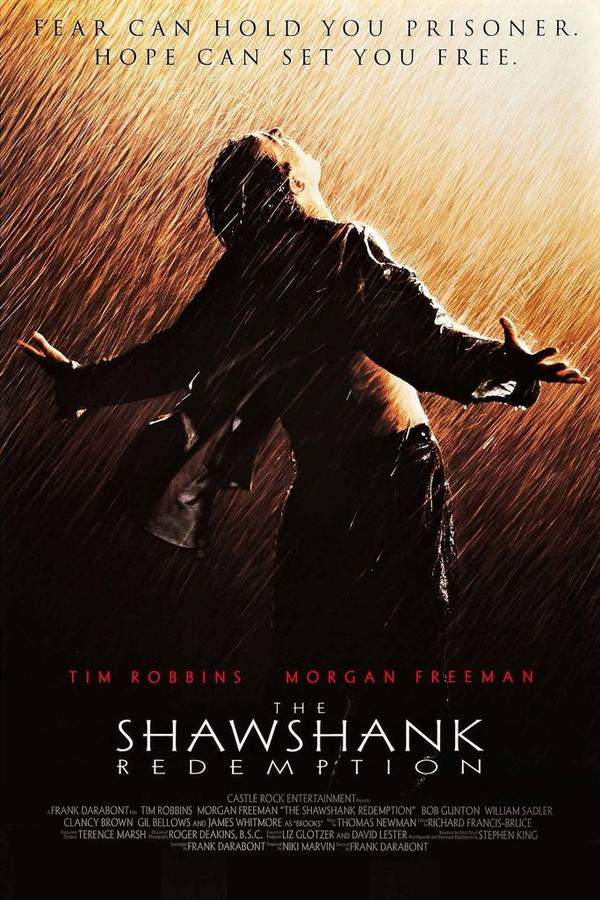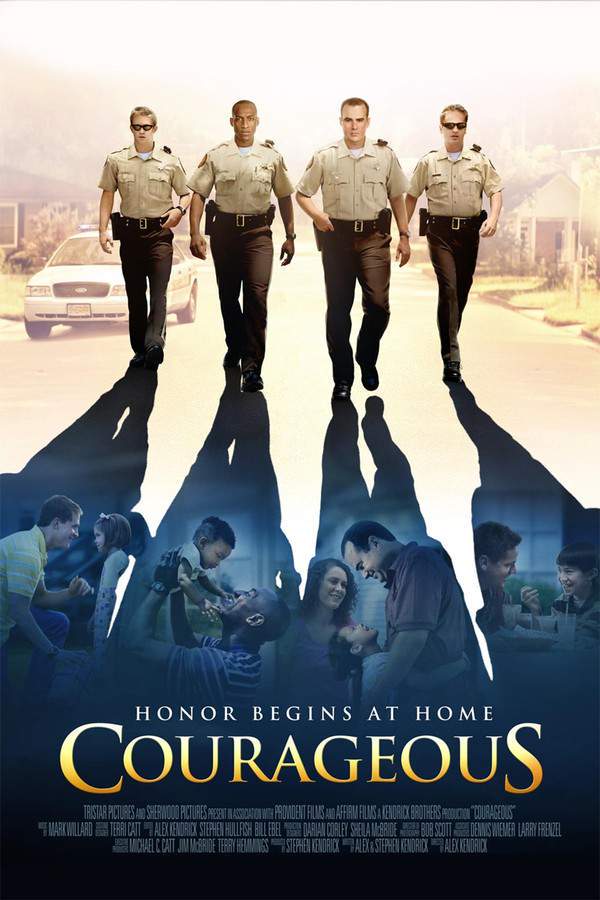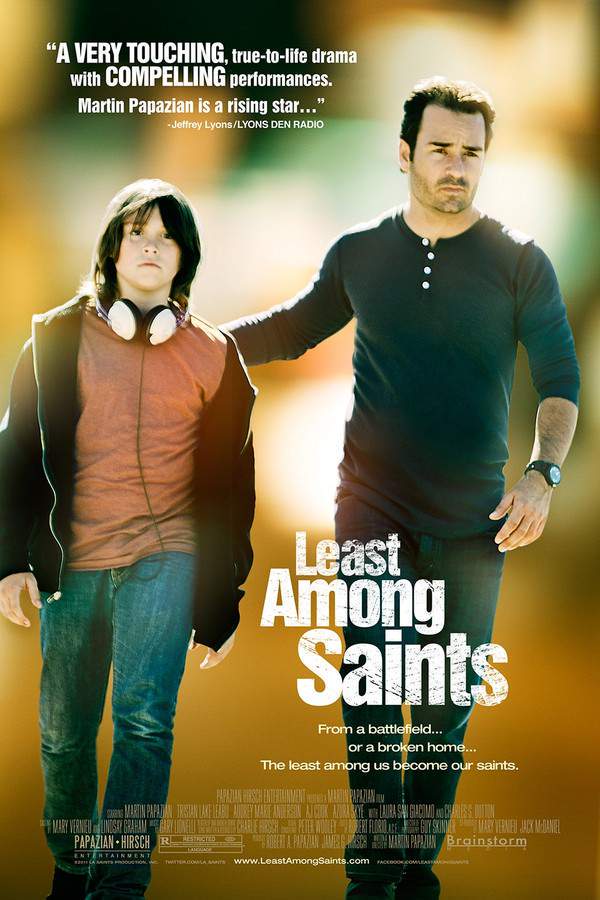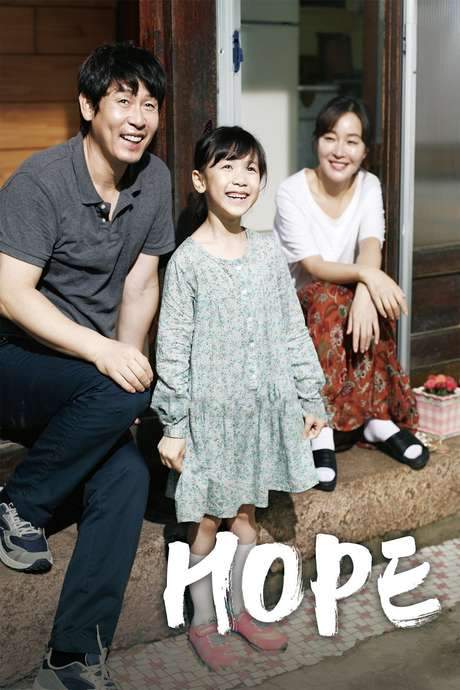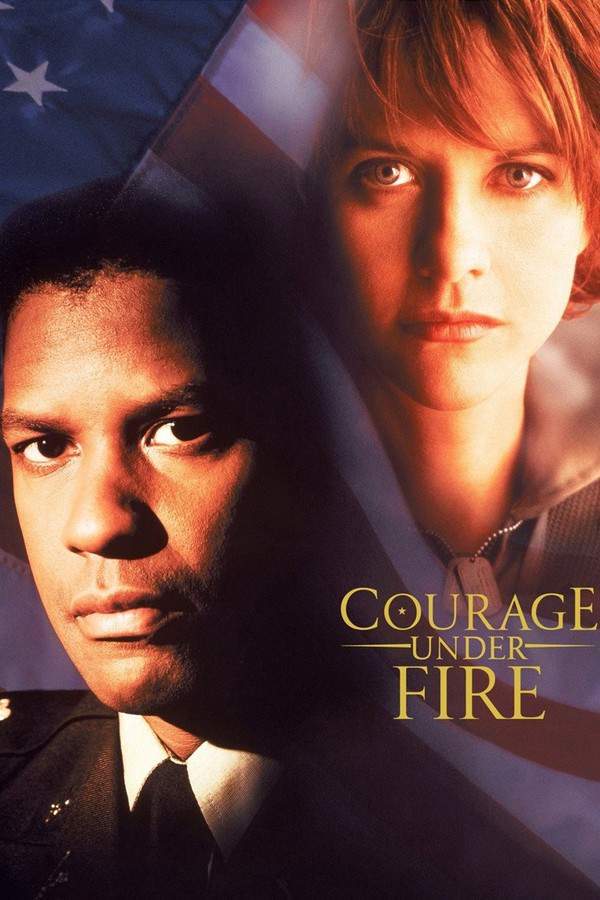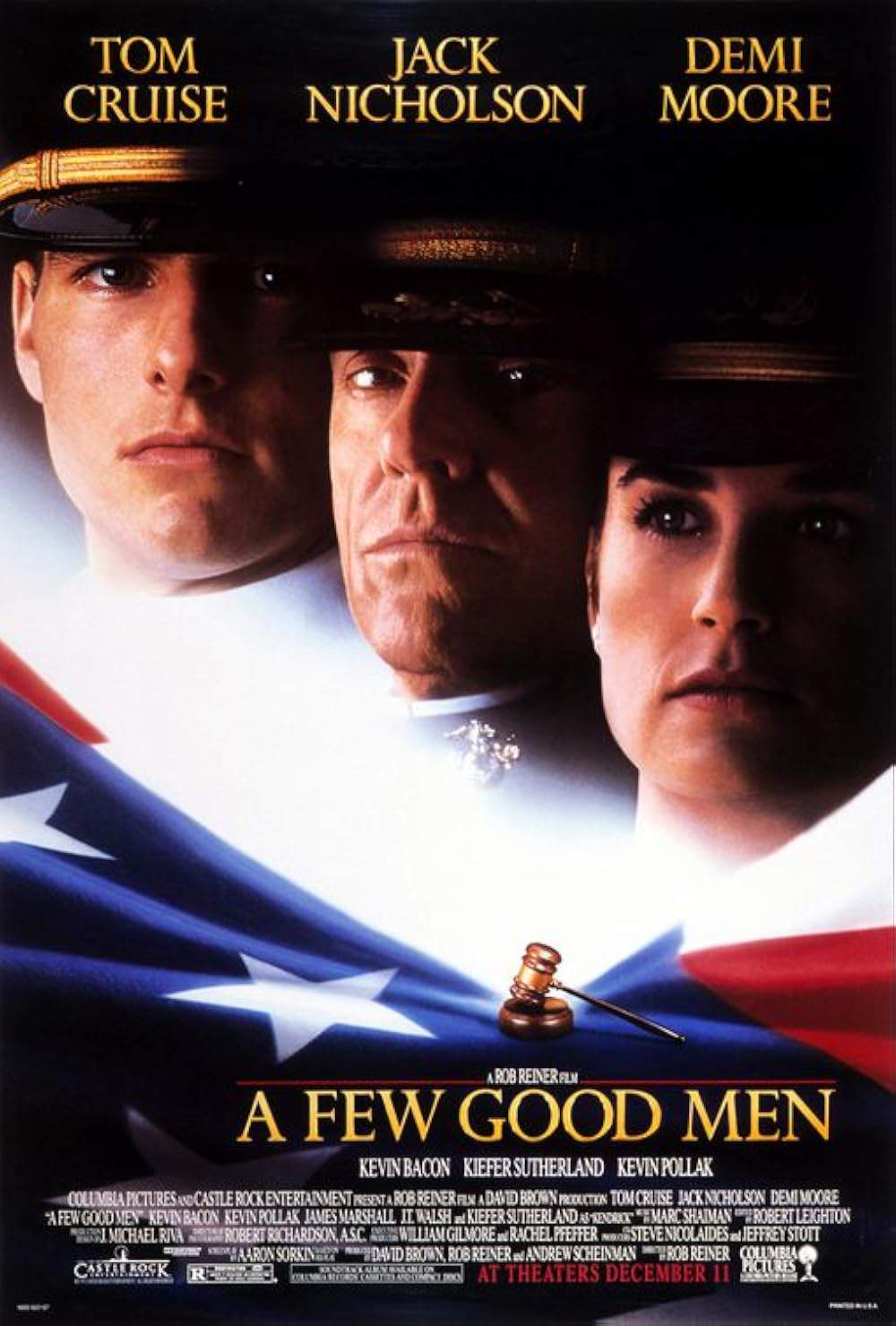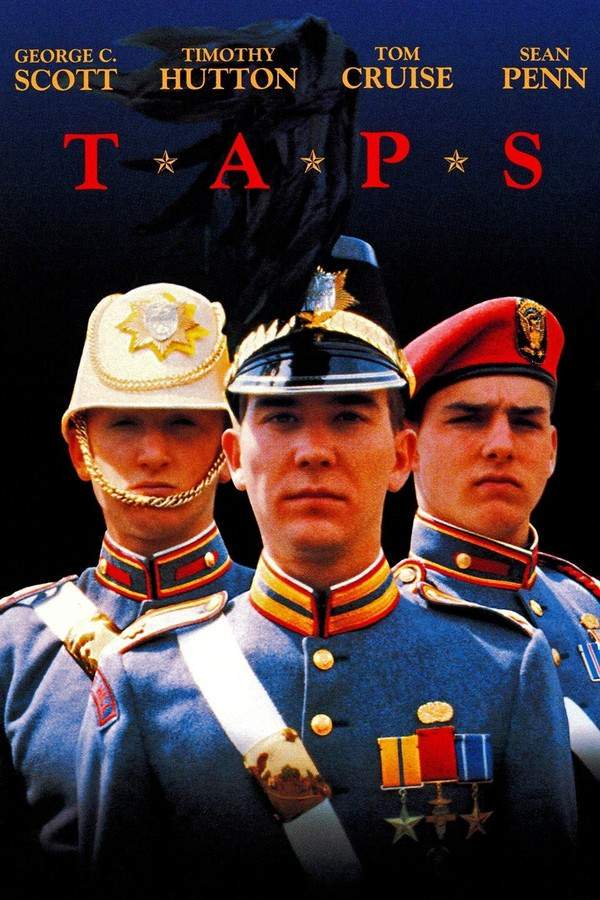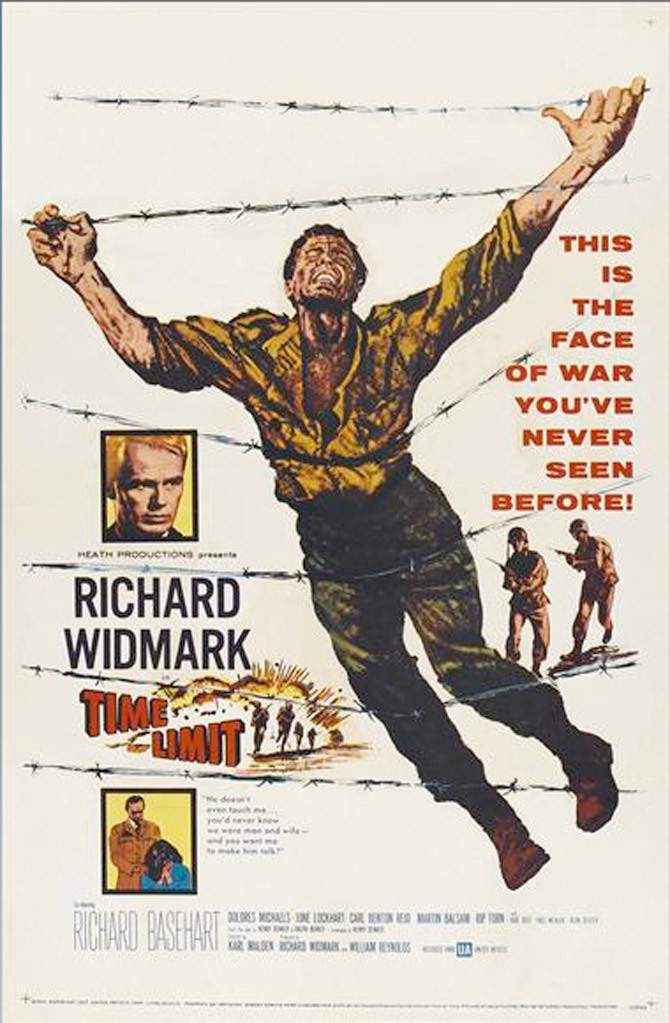
Beyond Glory
Year: 1948
Runtime: 82 mins
Language: English
Director: John Farrow
Haunted by guilt over the presumed death of his commanding officer in Tunisia, Rocky visits the officer’s widow. A mutual attraction blossoms, and she persuades him to enroll at West Point. There, his harsh treatment of a plebe leads to a serious disciplinary hearing that could result in a court‑martial.
Warning: spoilers below!
Haven’t seen Beyond Glory yet? This summary contains major spoilers. Bookmark the page, watch the movie, and come back for the full breakdown. If you're ready, scroll on and relive the story!
Beyond Glory (1948) – Full Plot Summary & Ending Explained
Read the complete plot breakdown of Beyond Glory (1948), including all key story events, major twists, and the ending explained in detail. Discover what really happened—and what it all means.
West Point cadet Rockwell ‘Rocky’ Gilman, Alan Ladd, is summoned before a hearing after the influential cadet Raymond Denmore, Jr., Conrad Janis is forced to leave the academy. Denmore’s attorney, Lew Proctor, George Coulouris, attacks the Honor Code and casts Gilman as unfit and possibly criminally liable. Gilman is confined to quarters by the academy superintendent and warned not to discuss the case with anyone, a pressure that strains his personal life and loyalties. In a quiet yet painful consequence, he breaks a date with his girlfriend Ann Daniels, Donna Reed, and the weight of the situation begins to press on him from every side.
As the hearing resumes, Gilman’s classmate, Eddie Loughlin, Dick Hogan, testifies about the brutal reality of academy life—how Gilman endured the plebe year and the grueling training with quiet resolve, even as he carried the scars of war. Gilman ultimately takes the stand to recount his war experiences, laying bare a past that continues to haunt him. The narrative then unfolds a longer memory: unwillingly drafted in December 1941, he learns a hard truth about combat—obedience to superiors is not optional, and sacrifice often comes at a personal cost. He seeks to rise beyond ordinary service, completing officer candidate school, joining a unit bound for North Africa, and forming strong bonds with Loughlin and a West Point graduate, Captain Henry Jason Daniels, Tom Neal. Daniels is killed in action in Tunisia, and Gilman is wounded, a sequence that leaves him with a deep sense of responsibility and a stubborn reluctance to speak about what happened.
Returning home to Brooklyn after his discharge, Gilman tries to readjust to civilian life but finds himself adrift, moving through jobs without finding meaning. The postwar years culminate on V-E Day, when the festive mood in the city feels almost hollow to him, and he seeks out Daniels’ widow, Ann Daniels, Donna Reed. He confesses a burden that has never left him, and Ann begins to see the man behind the uniform for the first time. Her empathy and the memory of Daniels’ own wishes—told through a whisper of a letter that hinted at a safer future for his beloved—draw her closer to Gilman, complicating the lines between loyalty, love, and duty.
A nurse at the hospital where Gilman is treated, John Craig, testifies that Gilman endures nightmares and retreats from his own feelings. He is given a therapeutic drug to unlock his memories, and through this process, Gilman admits that Daniels ordered a counterattack at a precise hour, yet he delayed the assault by three minutes, and Daniels was killed as a result. Gilman insists that he cannot explain the delay, and the revelation unsettles him deeply; he struggles with the idea that he might be a coward, even as the truth points to the chaos of war and the fog of memory. Proctor presses for a court-martial, but the academy superintendent holds off, granting Gilman time to reflect. That night, a note from Ann—declining to lose him to the pressure of his past—sparks a pivotal turn: Gilman decides to resign and go to New York with her, a choice Ann resists, urging him to stand his ground and face the charges.
To support his son, Pop Dewing, Gilman’s adoptive father, brings forward three witnesses, anchored by the steadfast presence of Henry Travers as Pop. The first is Ann herself, who recalls their chance meeting on V-E Day and how Gilman, burdened by guilt, opened up about Daniels’ death. She reveals that Daniels had once hinted at wanting Ann to have a normal life if he should fall, and she admits that she has developed real feelings for Gilman. The second witness, an Army physician, confirms a crucial gap in Gilman’s memory and explains how the drug treatment interacted with his past trauma. The third witness is a platoon soldier who testifies that their counterattack was interrupted by a hidden German tank, leaving Gilman unconscious and unaware that the scheduled strike had passed. This sequence challenges the narrative Gilman has clung to and gradually dissolves the certainty of the charges.
As the testimony unfolds, the accuser acknowledges that some of his charges were lies, and the hearing closes with a renewed sense of ambiguity that only time and reflection can settle. The story returns to a broader frame as General Dwight D. Eisenhower, in archive footage, speaks at the West Point graduation, with Gilman standing among the new wave of graduates—a moment that frames the whole ordeal as part of a larger arc of discipline, service, and striving toward a higher duty. In the end, the film keeps faith with the characters who lived through the trial and the memory of those who did not, presenting a portrait of a young man trying to reconcile courage with culpability, memory with truth, and honor with the heavy weight of history.
Last Updated: October 09, 2025 at 12:33
Explore Movie Threads
Discover curated groups of movies connected by mood, themes, and story style. Browse collections built around emotion, atmosphere, and narrative focus to easily find films that match what you feel like watching right now.
Movies about guilt and redemption like Beyond Glory
Stories where a heavy burden of guilt leads to a hopeful path of personal atonement.If you liked the story of guilt and personal atonement in Beyond Glory, you'll appreciate these movies that explore similar themes. Find more films about characters seeking redemption from past mistakes, carrying heavy emotional burdens toward a hopeful future.
Narrative Summary
The narrative pattern typically begins with a defining traumatic event that leaves the protagonist psychologically burdened. The plot then follows their struggle to reconcile with their past, often through a new challenge or relationship that serves as a test of their character, culminating in a resolution that offers vindication and personal peace.
Why These Movies?
These movies are grouped together because they share a core emotional journey from a state of heavy guilt to a state of hopeful redemption. They consistently feature introspective characters, a serious tone, and a narrative structure that emphasizes personal growth and moral reckoning.
Military discipline dramas like Beyond Glory
Character-driven dramas where military honor codes test personal integrity.Explore more movies like Beyond Glory that delve into military life and the intense pressure of honor codes. These films feature court-martial dramas, academy settings, and personal integrity tested against the rigid structures of duty and discipline.
Narrative Summary
These narratives often use a disciplinary hearing or investigation as a framing device, flashing back to the events that led to the crisis. The plot hinges on the tension between institutional rules and the protagonist's personal morals, building toward a climax that reveals their true character and often results in vindication.
Why These Movies?
Movies in this thread share a specific setting and conflict type: the high-stakes world of military justice and honor. They create tension through procedural detail and the psychological pressure of being judged by one's peers, all within a context that values duty above all.
Unlock the Full Story of Beyond Glory
Don't stop at just watching — explore Beyond Glory in full detail. From the complete plot summary and scene-by-scene timeline to character breakdowns, thematic analysis, and a deep dive into the ending — every page helps you truly understand what Beyond Glory is all about. Plus, discover what's next after the movie.
Beyond Glory Timeline
Track the full timeline of Beyond Glory with every major event arranged chronologically. Perfect for decoding non-linear storytelling, flashbacks, or parallel narratives with a clear scene-by-scene breakdown.

Characters, Settings & Themes in Beyond Glory
Discover the characters, locations, and core themes that shape Beyond Glory. Get insights into symbolic elements, setting significance, and deeper narrative meaning — ideal for thematic analysis and movie breakdowns.

Beyond Glory Spoiler-Free Summary
Get a quick, spoiler-free overview of Beyond Glory that covers the main plot points and key details without revealing any major twists or spoilers. Perfect for those who want to know what to expect before diving in.

More About Beyond Glory
Visit What's After the Movie to explore more about Beyond Glory: box office results, cast and crew info, production details, post-credit scenes, and external links — all in one place for movie fans and researchers.

Similar Movies to Beyond Glory
Discover movies like Beyond Glory that share similar genres, themes, and storytelling elements. Whether you’re drawn to the atmosphere, character arcs, or plot structure, these curated recommendations will help you explore more films you’ll love.
Explore More About Movie Beyond Glory
Beyond Glory (1948) Scene-by-Scene Movie Timeline
Beyond Glory (1948) Movie Characters, Themes & Settings
Beyond Glory (1948) Spoiler-Free Summary & Key Flow
Movies Like Beyond Glory – Similar Titles You’ll Enjoy
Word of Honor (2003) Movie Recap & Themes
Between Heaven and Hell (1956) Movie Recap & Themes
What Price Glory (1952) Spoiler-Packed Plot Recap
Reach for Glory (1962) Story Summary & Characters
The Glory Brigade (1953) Movie Recap & Themes
West Point (1927) Spoiler-Packed Plot Recap
What Price Glory (1926) Full Movie Breakdown
West Point of the Air (1935) Full Summary & Key Details
The Long Gray Line (1955) Ending Explained & Film Insights
To the Shores of Tripoli (1942) Ending Explained & Film Insights
Pride of the Marines (1945) Full Movie Breakdown
Salt in the Wound (1969) Movie Recap & Themes
The Duke of West Point (1938) Complete Plot Breakdown
The Glory Guys (1965) Film Overview & Timeline
The Road to Glory (1936) Full Movie Breakdown



